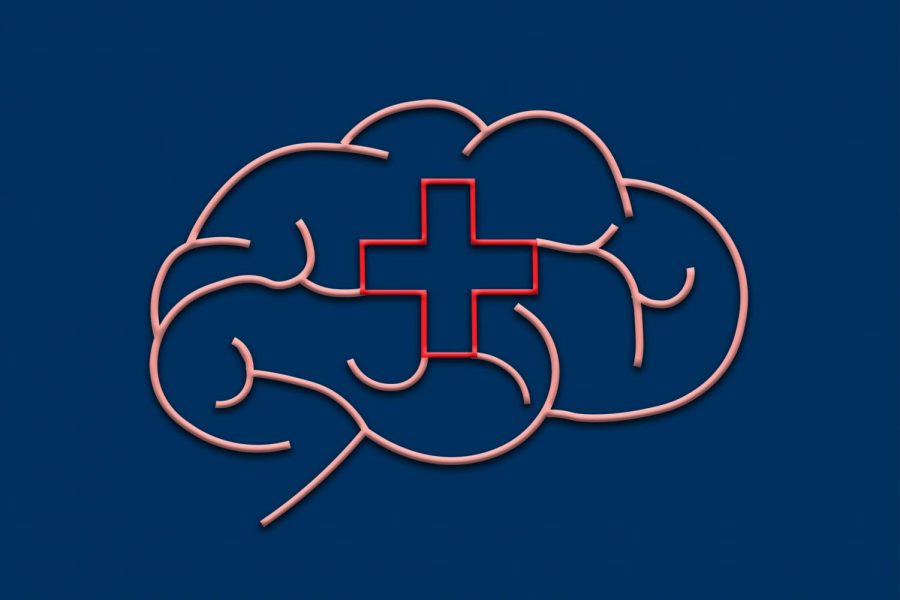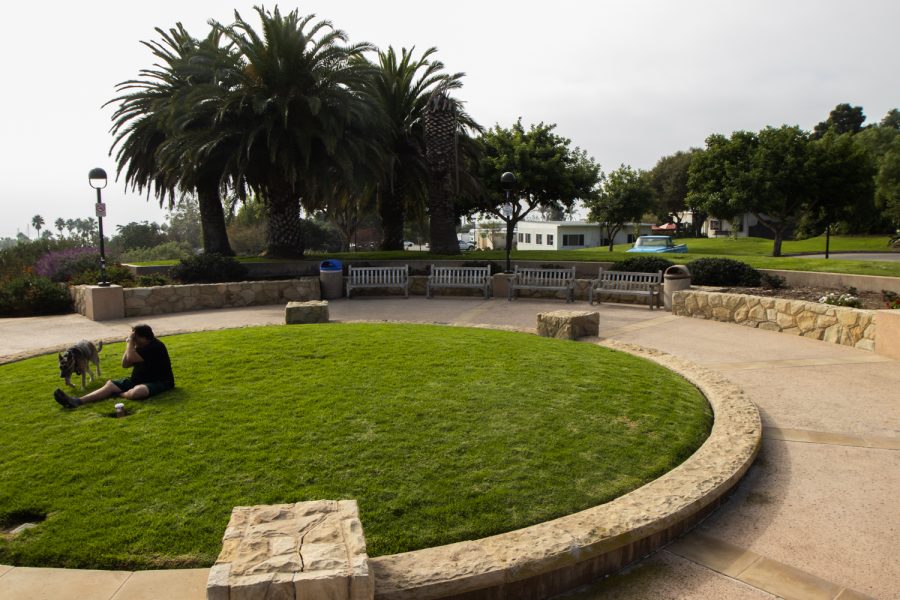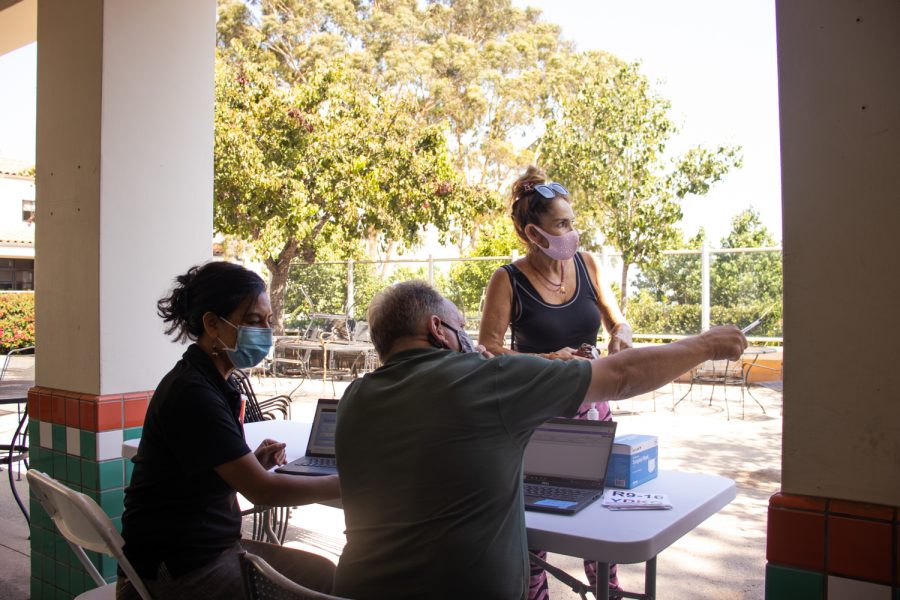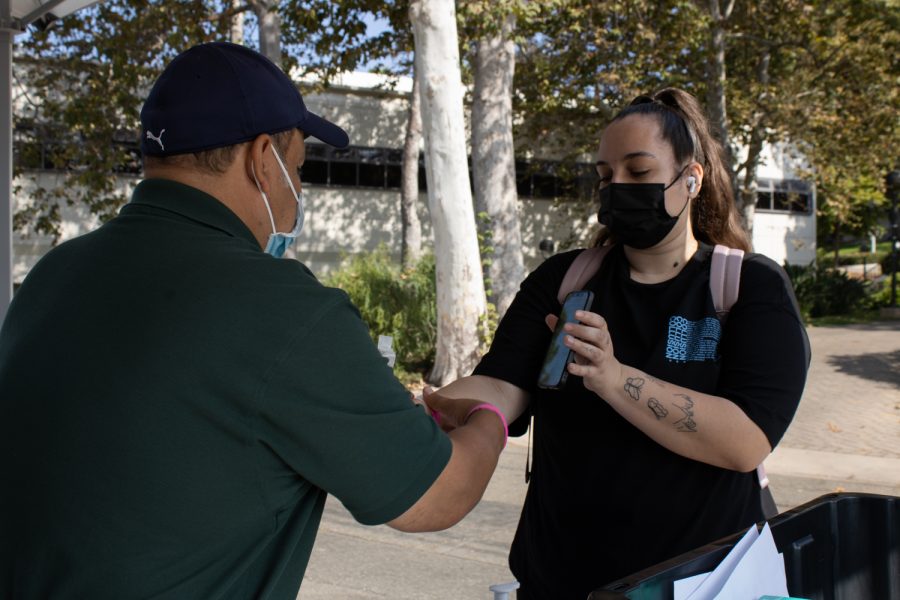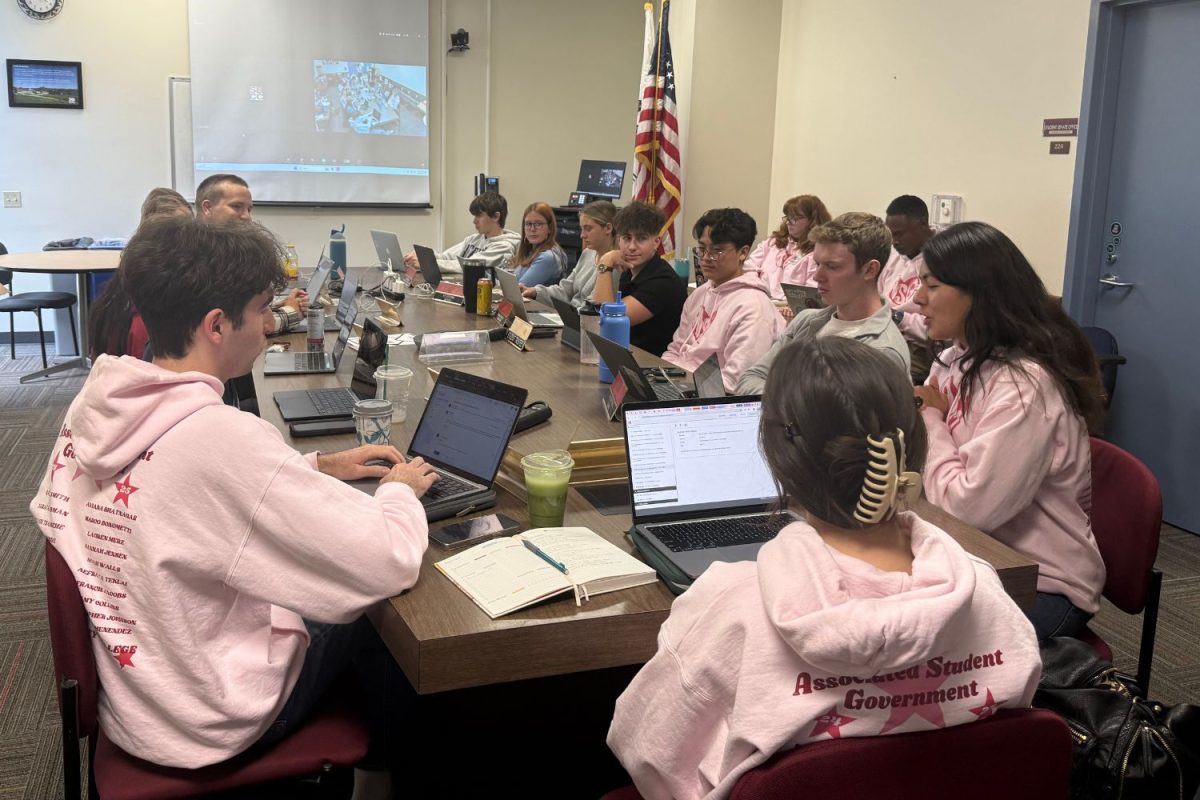Mental health centers have been forced to shut their doors following California’s shelter in place order, transforming face-to-face support groups into face-to-screen services.
Therapists, wellness groups and substance abuse counselors have resorted to the ways of telehealth, a distribution of support electronically through video conferences or phone calls.
“We’re all grieving this loss of normalcy in our lives,” said Alyson Bostwick, a personal counselor at City College. “We’re doing our best and it’s bringing out a lot of resiliency.”
Despite the closure of City College’s campus, counseling phone calls are proceeding with new and returning students at their original scheduling.
“It’s just busy in a different way,” Bostwick said. “We’re trying to coordinate all these different things from home.”
California Gov. Gavin Newsom signed an executive order on April 3 which protects healthcare providers trying to expand their telehealth services. More patients can be reached, but everything must be done to ensure the safety and privacy of personal information.
Though support is now widely accessible, connecting with a therapist is much more than just joining their chat-room.
“I was sitting [at home], where the walls are so thin I could hear my neighbor’s Facetime conversation,” said Casha Doemland, a writer and activist from Los Angeles who had her first online session after two years of therapy.
Doemland’s apartment just isn’t the “safe-haven” of her therapist’s office that she needs to feel vulnerable.
“I struggled to find the courage to say the words that have been sitting on the tip of my tongue out of fear that outside ears would hear,” she said.
Feelings of grief and resentment could be created unknowingly over the loss of one’s therapeutic environment.
People who aren’t getting what they need out of mental health services risk falling back into a harmful state.
“What if we teach about necessary based wellness tools that improve lives in between sessions?” said Vanessa Ramos, health care coordinator for the Santa Barbara County Department of Behavioral Wellness.
Researchers suggest that physical distancing could lead to a rise in suicide rates and substance abuse as isolation becomes the new norm.
For now, the “physical need” of counseling can’t be helped, but there are plenty of social apps and tools to make sure people aren’t digitally isolated.
Ramos works with the collaborative project known as Help@Hand to “Bridge the gap between mental wellness and technology,” and to assist underserved communities in accessing digital healthcare solutions.
While the pandemic carries on, people need to adapt right now more than ever, even if that’s a complete transformation of life.
“Adjusting to a new norm will be uncomfortable at times,” Casha Doemland said. “But it has to be done.”


